Here you will find all of the pieces posted by the inaugural Planet Forward Correspondent team.
Learn more about these talented students:
- Sydney Greene, Arizona State University (Tempe, Arizona)
- Olivia Iannone, SUNY College of Environmental Science and Forestry (Syracuse, New York)
- Jacob Lebel, Umpqua Community College (Roseburg, Oregon)
- Libby Leyden, University of California Berkeley's Graduate School of Journalism
- Diana Marcum, University of Nebraska – Lincoln
- Darby McGlone, Sewanee: The University of the South (Sewanee, Tennessee)
- Kara Morgan, Northeastern University (Boston, Massachusetts)
- Tim Palmieri, The George Washington University (Washington, D.C.)
- Riddhi Sarkar, American University (Washington, D.C.)
- Harrison Watson, Jackson State University (Jackson, Mississippi)
- Nathaniel Wiener, Middlebury College (Middlebury, Vermont)
How do you move the Planet Forward? Tweet us @planet_forward or contribute to the conversation with your own story.

_0.png%3Fitok=E8cZF8Lt)
 (1).jpg%3Fitok=Y6czjo0T)

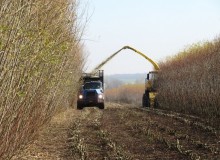
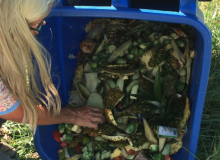
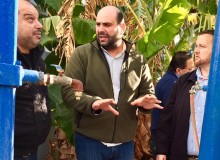
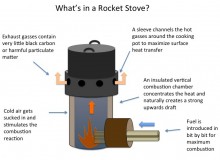
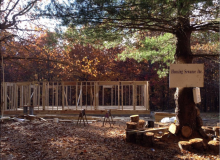
.jpeg%3Fitok=vJ2z2vSN)